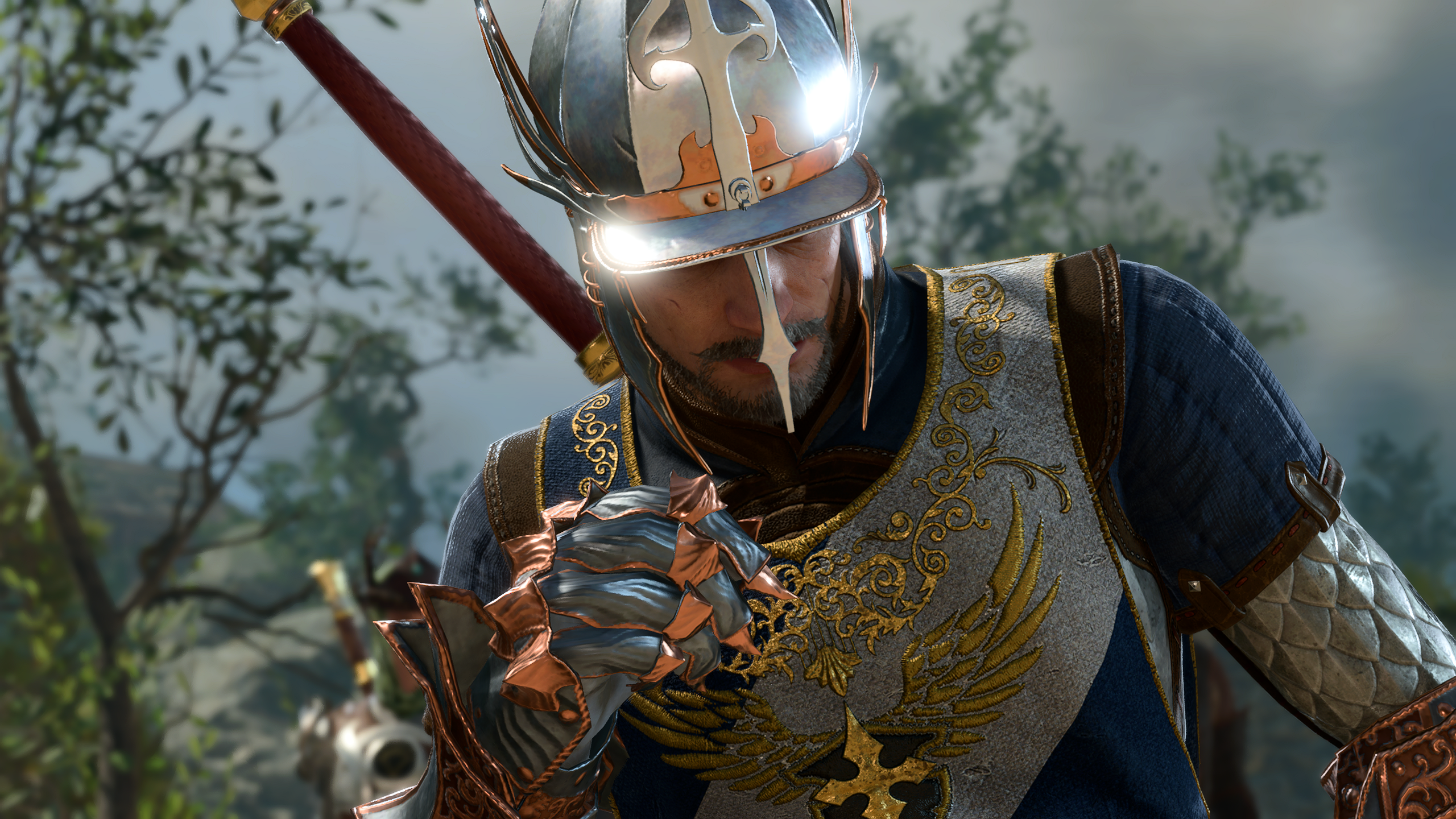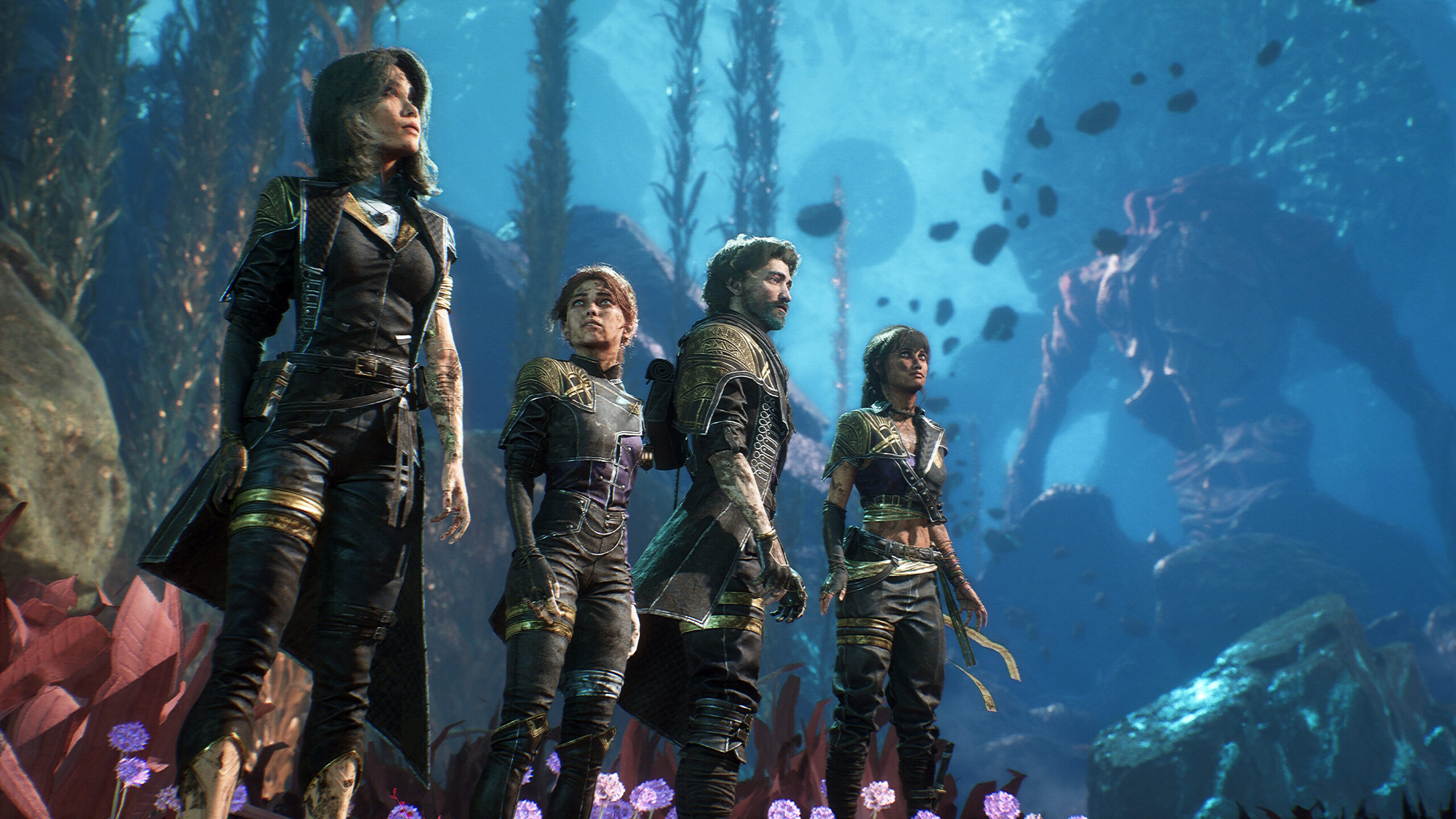Baldur’s Gate 3 lets you multiclass—opening the floodgates to a lot of min-maxing nonsense. In case you’re a single-class devotee (or just haven’t played the game yet), multiclassing means “taking levels” in several different classes. So for example, you could be a level 5 fighter and a level 3 barbarian on a level 8 character.
We’ve recently gotten a glimpse into how players have been using this feature, thanks to a blog post by Larian Studios’ product manager Emily Gera on the PlayStation website (though the stats are from all platforms). I happen to know a little bit about 5th edition Dungeons & Dragons (the system Baldur’s Gate 3 is built upon), and some of these results surprised me.
(Image credit: Larian Studios)
Numbers one and two on the list aren’t that shocking. Ranger/Rogue is potent with the Gloomstalker and Assassin classes—Assassin rogues really benefit from going first in combat, and Gloomstalkers get a bonus to their initiative rolls. Combining their features means you get an ambush predator death machine that melts anything brave enough to have low Dexterity.
The Barbarian and Fighter mashup isn’t surprising either. The Fighter’s action surge ability is great on just about any class, especially ones that get extra attack like Barbarian, Paladin, and… well, Fighter.
One nice combo is to slap the Fighter’s Champion Subclass on top of a Barbarian. They have a higher chance of critting with Reckless Attack (you crit by hitting a 20 on the dice, and Reckless Attack lets you roll two dice and take the higher), while the Champion’s Improved Critical Hit ability also gives you a crit on a 19, ramping up your chances of turning your foes to paste.
But there are a few outliers. Mixing Cleric and Paladin, for example, doesn’t really work. Clerics use the Wisdom stat for their spells, whereas Paladins use Charisma—so they don’t exactly jive. A dip into Paladin might be fun for a War Cleric, though—Clerics get more spell slots, which they can use on the Paladin’s Divine Smite ability. Not terrible by any means, but not an optimised monster like the Ranger/Rogue.
The real shock here is that the Sorcadin—a fusion of the Sorcerer and Paladin—is nearly dead-last. For the uninitiated, the Sorcadin’s a pet favourite of the D&D community, using the Paladin’s divine smite feature and fueling it with the Sorcerer’s spell slots, as well as spells like Haste and Hold Person, to become an absolute nightmare. Not so in Baldur’s Gate 3, it would seem.
That could be for a couple of reasons. First off, not everyone’s a 5th edition munchkin with a hyper-optimised multiclass. Some people multiclass for, dare I even say it, roleplay reasons. That Cleric-Paladin slurry isn’t optimised, but it sure is flavourful. By contrast, the Sorcadin doesn’t have anything going for it in the story department. Making a divine oath doesn’t have a lot to do with the fact your great grandpapa got lucky with a dragon.
Secondly, some of the cantrips that fuel the Sorcadin’s engine, like Booming Blade and Green-Flame Blade, aren’t in the game. In tabletop, you can use the Sorcerer’s quicken spell metamagic on these to get a free, boosted attack on your bonus action. More smites equals exploded enemy, the maths are very simple.
Regardless, I’m glad people are getting into the wide world of Sorcadins, Sorlocks, and Gloomstalker death machines. While levelling in Baldur’s Gate 3 is a straightforward affair, with no choices to make aside from subclasses and feats, multiclassing adds a whole new dimension to the game. Keep cooking, mavericks—even if I’ll never understand the Cleric/Paladin thing.










